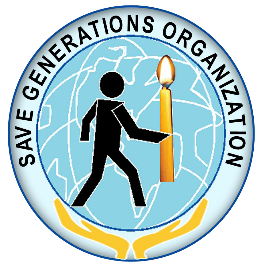Through under the Make Way programme a five-year programme (2021-2025) that aims to break down barriers to Sexual Reproductive Health Rights (SRHR) by promoting a new way of looking at, and organizing, SRHR issues, through an intersectional lens. This means making overlapping vulnerabilities visible to understand their effects on people’s SRHR. The Make Way project uses an intersectional approach to acknowledge systemic discrimination due to sexual orientation and identity, gender and gender identity, race, economic status, immigration status, national origin, and ability, among other aspects of one’s identity, and that this systemic discrimination impacts access to opportunity. However, recognizing these multiple, systemic barriers to opportunity and multiple forms of prejudice in adopting an intersectional approach.
In order to do not leave any behind, we trained 25 SGO staffs and volunteers on intersectionality approach and how it can be integrated in SGO program interventions. This increased the knowledge of the staff, volunteers and stakeholders on enhancing the leave no one behind approach in SRHR service provision.




